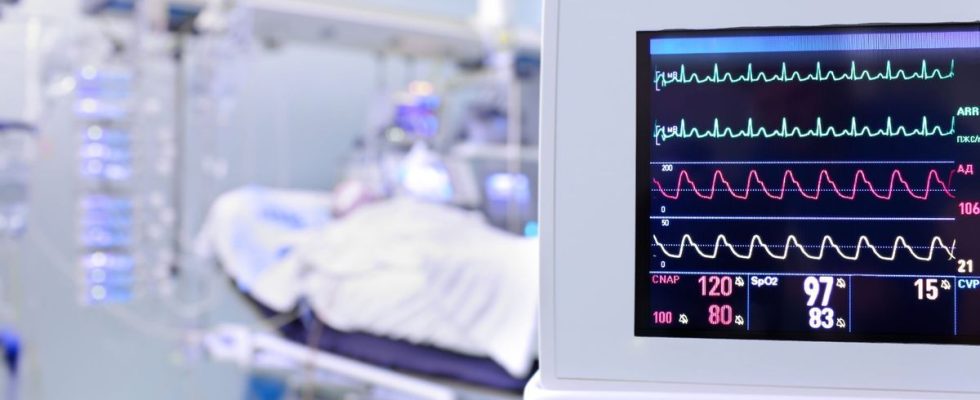Published on
Updated
Reading 2 min.
in collaboration with
Dr Gérald Kierzek (Medical Director of Doctissimo)
We regularly talk about the difficulties experienced by people who work in hospitals. But there is a source of stress and fatigue that we rarely talk about: noise pollution, linked to the continuous presence of “beeps” and alarms from machines. The latter would be indirectly responsible for several deaths per year.
It is a sound element that strikes you when you go to certain hospital departments: the alarms and the “beeps” emitted by the machines, particularly in intensive care or intensive care units.
These sounds, which alert caregivers in the event of a problem with a patient, represent a real noise pollutionas demonstrated by a study carried out by North American researchers, reported by our colleagues from 20 minutes.
Only 15% of beeps would be considered important
Indeed, according to the conclusions of these scientists, caregivers are confronted with a thousand “beeps” per day, but in reality, only 15% of them would be considered priority.
“It is important to set these alarms correctly because indeed, too much alarm kills the alarm and this weighs on the daily lives of caregivers but also patients. concedes Gérald Kierzek, emergency doctor and medical director of Doctissimo. “You must make the correct settings using the terminals which allow these beeps to be triggered only from a certain threshold. The caregiver will thus be more attentive to it”.
Alarms that generate stress… and deaths!
The study shows that alarms and the fatigue they cause lead to a reduction in staff morale. Caregivers end up no longer hearing the beeps, or even unplug the machines and forget about them. Thus, in the United States, no less than 556 patients died because of this, between June 2005 and June 2010.
Following this observation, scientists from Ontario and Tennessee published work subjecting a small group of volunteers to different sounds, the objective being to determine which could be used as an alarm, without generating stress. Based on their findings, a sound like clinking glasses might be more acceptable.
But for Gérald Kierzek, more than the ringing itself, it is the role of these alarms which is fundamental, particularly in specialized services, such as resuscitation or intensive care. “They are essential for monitoring patients, we must be able to make them more pleasant but it is impossible to remove them” he concludes.
